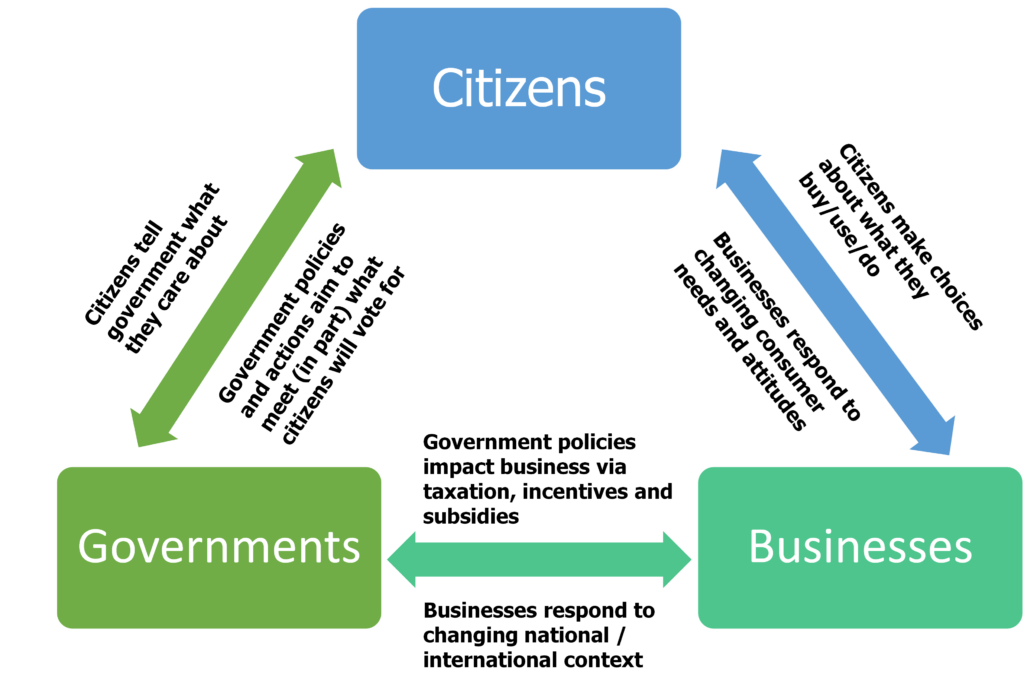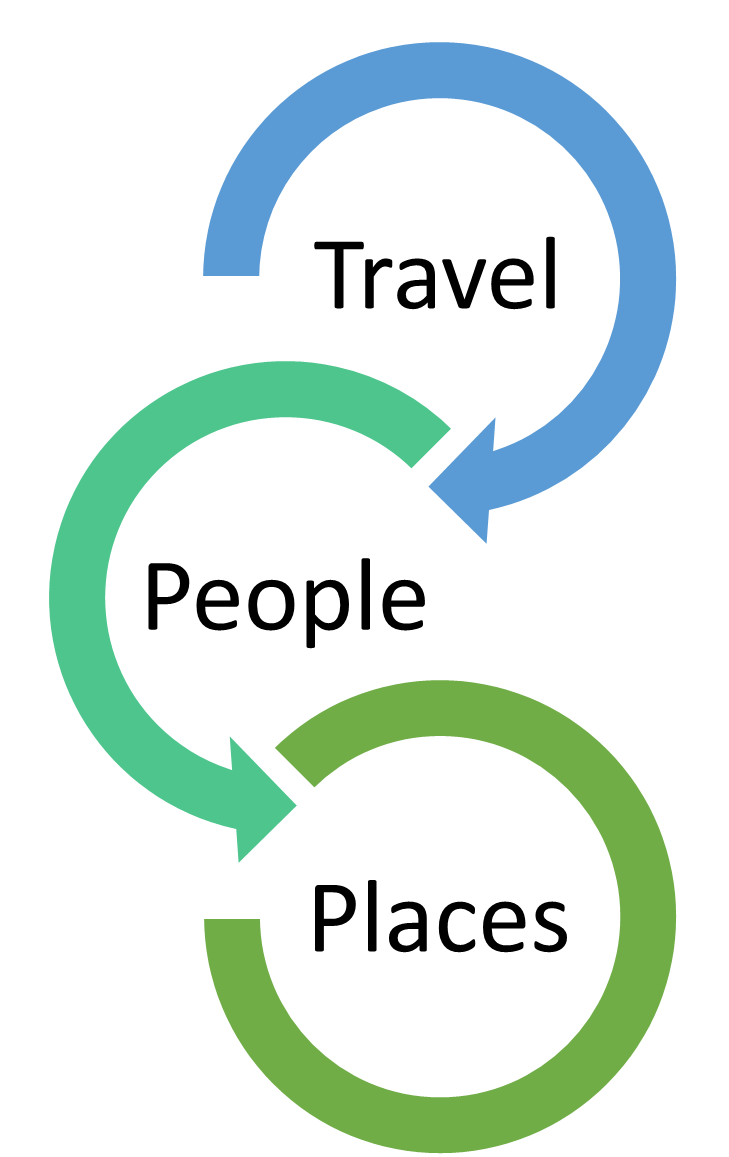After Monday’s IPCC report, it seems as good a time as any to begin the blog on my new website.
The best-case scenario in the report – global net zero by 2050 or so – still brings with it more extreme weather events, floods, heatwaves and droughts, with some areas being much worse hit than others. And the warming we have had already will have effects that cannot simply be turned back. To give one of the many key quotes: ‘sea level is committed to rise for centuries to millennia due to continuing deep ocean warming and ice sheet melt and will remain elevated for thousands of years.’ Today I read that the former president of the Maldives predicts extinction for the island country and many others like it.
Thanks to reading a Linked In post from a couple of people I don’t know from the other side of the world, I was reminded of this quote from Lord of the Rings (apologies to any Tolkien-phobes out there):
“I wish it need not have happened in my time,” said Frodo.
“So do I,” said Gandalf, “and so do all who live to see such times. But that is not for them to decide. All we have to decide is what to do with the time that is given us.”
Tolkien wrote most of Lord of the Rings during the second world war so it’s fairly easy to see where he was coming from. Less so when the enemy is ourselves and we’re not entirely sure how to fight.
For us – in Western Europe at least – we have seen the longest period of peace, wealth and stability in our history, and it’s an uncomfortable thought but our fight is with that same stability and familiarity: the comfort of turning up the heating in winter, driving the car to the shops when you need to, eating steak and chips on a Friday and heading to the sun for holidays. That’s not to say that these things should be forbidden, but that they come at a (carbon) cost.
I’ve read a lot the last couple of days about ‘teching’ our way out of it but to me, this is only putting off the inevitable. We need to change how we live.
Electric cars have been around for quite a while. They were used to deliver milk back in the 1950s when horses went out of fashion, and they’ve got much better recently. But zero emission planes? Not even off the starting blocks. Industrial scale production of heat pumps and hydrogen-based boilers seems a way off. The vegan offer in supermarkets has improved but there’s still as many cows in the fields, and I’m fairly sure that’s still methane they’re emitting.
Change doesn’t have to mean poverty and denial though. There are plenty of people who are doing less well out of the current system, so we need to rebuild in a way that brings prosperity and equity as well as sustainability. Easy to say, isn’t it? But where does the change come from?
I can understand why us as individuals think ‘what difference can I make by walking to the shops once a week or eating veggie now and again?’ It’s tempting to put it all at the feet of big business or to ask what governments are doing, but this risks becoming deflection rather than action.
So I’ve had a go at showing how the tripartite of citizens, business and government might influence each other.

Now I realise this looks ridiculously naïve. Where on the diagram are the lobbyists for the gas and oil companies you may ask? What do you do when the chief emitter is the state-run Chinese coal corporation? And I do realise that businesses don’t just respond but are often the source of innovation and new solutions.
But it has helped me, at least, to begin a plan of influence and action. Think about what I buy – what do I know about the companies supplying me? When did I last let my MP know what I was thinking? Who can I join to collectivise this action?
I’ll let you know how I use the time that is given to me. Let me know what you’re planning too.
